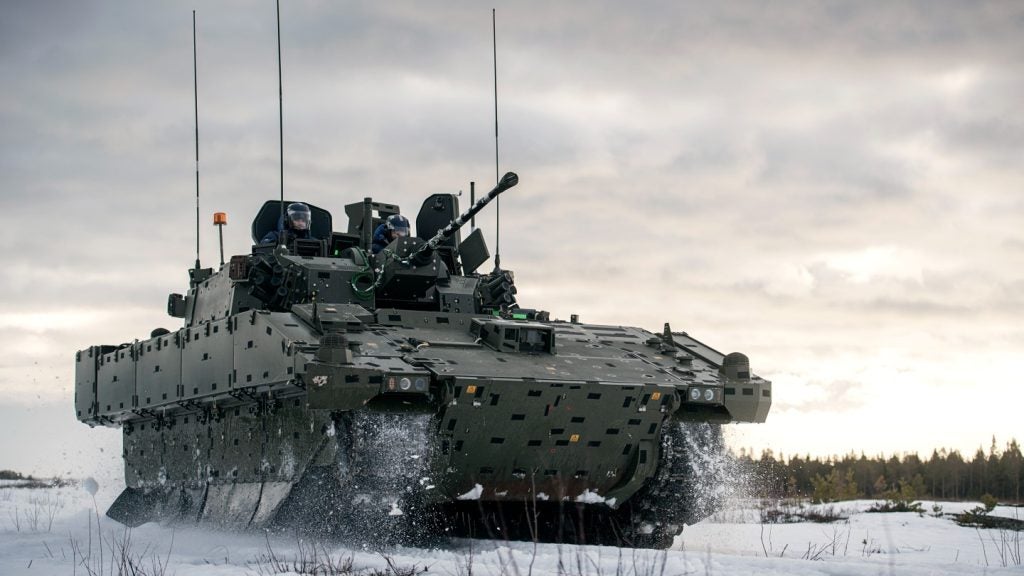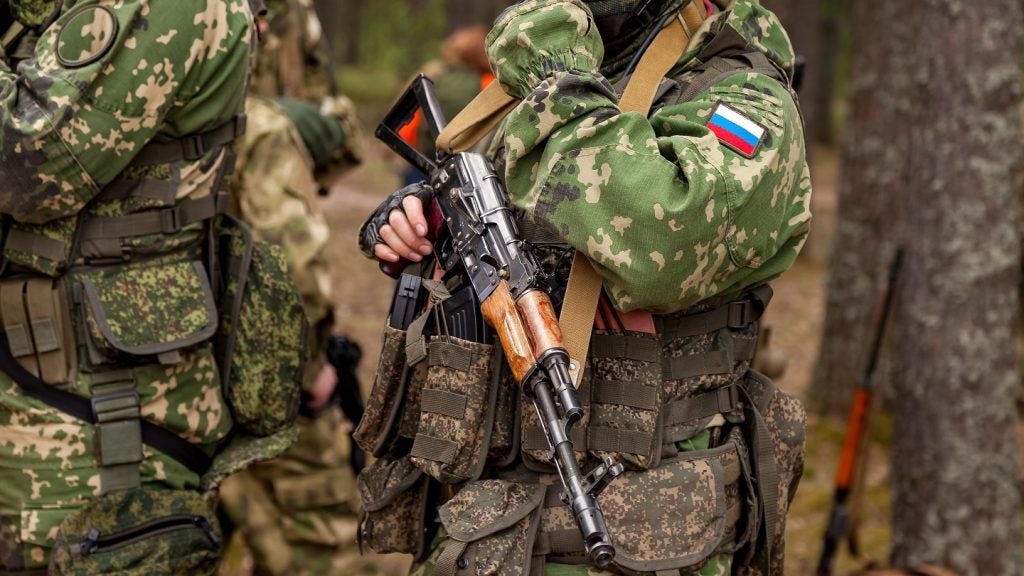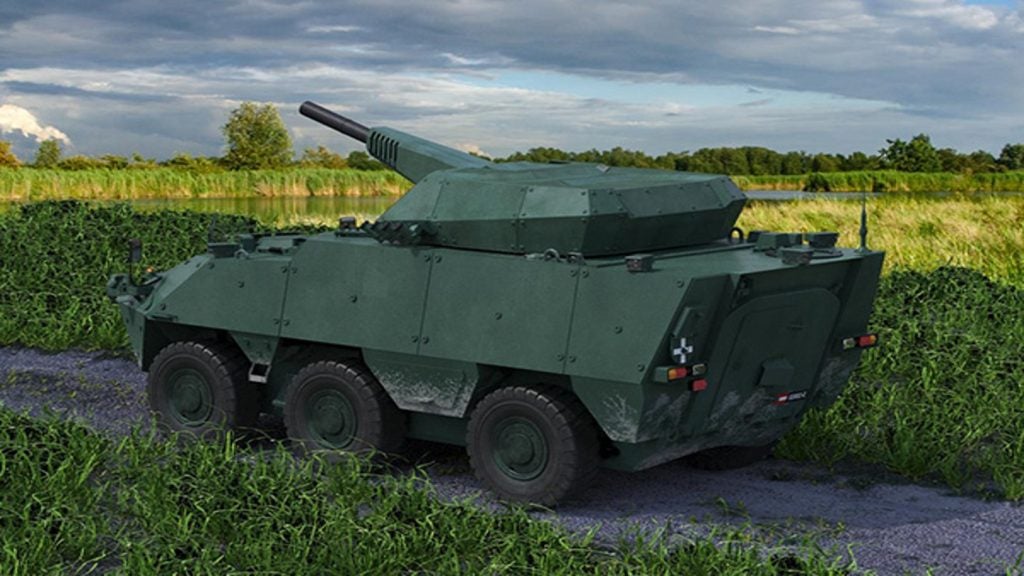
Nato expresses deep concern over hybrid activity from Russia on Nato allied territory, stating that it constitutes a threat to Allied security.
In a statement on 2 May 2024, Nato cited activities that had led to investigations into hostile state activity that affected Czechia, Estonia, Germany, Latvia, Lithuania, Poland, and the United Kingdom, resulting in multiple individuals being charged.
The description put forward by Nato of hybrid activities in these countries includes “sabotage, acts of violence, cyber and electronic interference, disinformation campaigns, and other hybrid operations.”
While there is no universally recognised definition for activities within hybrid warfare, it is broadly considered to be the use of unconventional techniques for subversion, below there threshold of warfare, in an ambiguous manner that denies rightful attribution – although not all actions are disavowed.
Examining the behaviour of Russia in the past, it is also reasonable to extend the definition to the Russian military reportedly offering bounties to Taliban-linked militias for targeting coalition forces in Afghanistan, and even the clandestine annexation of Crimea in 2014 by unbadged Russian forces.
The employment of the Wagner private mercenary group to achieve Russian strategic aims under the guise of private activity represents another facet of Russian hybrid activity that has given reach to ambitions in Moscow for the influence overseas internal political activity – all at an arm’s length.
In the statement from Nato describing “an intensifying campaign of activities which Russia continues to carry out across the Euro-Atlantic area,” Nato affirmed that it will stand in solidarity with affected Allies and that is will continue to coordinate closely with these countries. Member nations will act individually and collectively to achieve these goals.
A June 2022 report from the Russia & Eurasia Studies Centre and the Henry Jackson Society goes into some detail describing the nature of Hybrid warfare from Russia as it is conducted against the UK, in the context of providing appropriate countermeasures.
Recommendations from the report, included the creation an agency to coordinate defence from information warfare, and to strengthen media ownership oversight.
It also identified the trade in passports as a weakness that should be addressed by the security services with additional funding and autonomy. Recognising the influence of malign actors working from UK territory, the ropers highlighted the large size and multiple properties enjoyed by the Russian Embassy in London, and recommended this be reduced,







